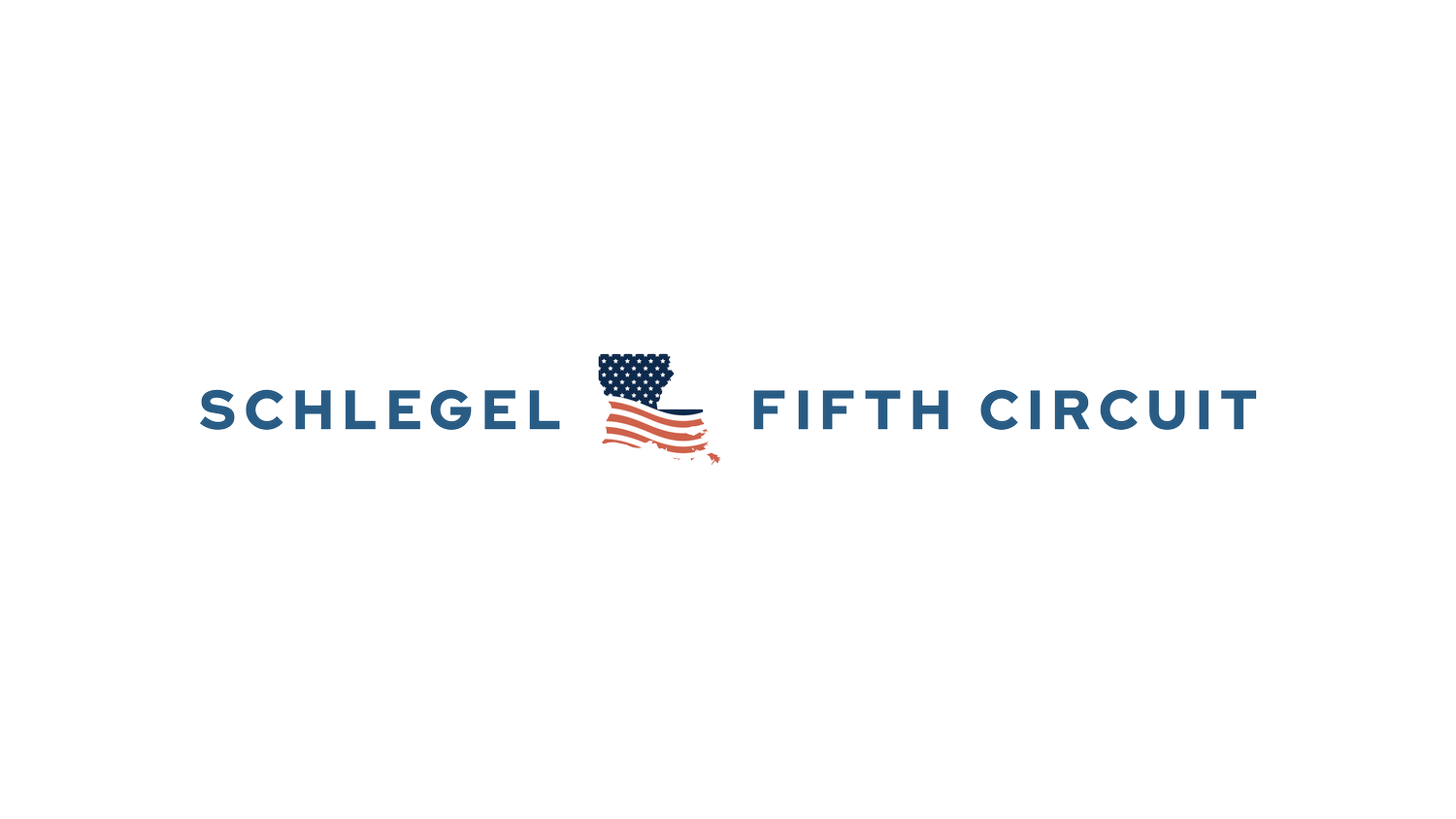The Sorcerer’s Apprentice Problem
Most people remember Mickey Mouse as the lovable face of Disney. But in Fantasia, he plays the role of an apprentice sorcerer, eager to prove himself. In this animated film, he’s told to clean up the workshop. But instead of doing it the hard way, he casts a spell to make the broom do it for him. The broom comes alive, fetches water, and does exactly what Mickey asked. Until it doesn’t.
Soon, Mickey is overwhelmed. The broom won’t stop and the room floods. He tries to fix it with more spells but only makes things worse. By the time the sorcerer returns, chaos has taken over and Mickey is in way over his head.
That’s where we are right now with AI in the legal profession.
Some lawyers, and now even some judges, are treating these tools like magic. They type a few prompts and watch a beautifully formatted brief or opinion appear. No citations to check, no cases to Shepardize, no hours buried in the record. Just click, paste, and file.
But like Mickey, they don’t fully understand the forces they’re unleashing.
We’ve already seen real-world examples. Pleadings are continuously filled with hallucinated cases, and judges are now issuing AI-generated opinions that contain errors. And as I’ve said before, when lawyers misuse these tools, we sanction them. When judges do it, it becomes precedent.
This isn’t just a technology problem. It’s a human judgment problem. These tools are not inherently bad, but they are deceptively easy. They give you the illusion of competence while bypassing the hard thinking that real lawyering and judging require.
Maybe the solution is more friction. Right now, AI is designed to feel seamless. But friction keeps us honest. It forces us to slow down, to verify, to ask questions. Maybe we should be building systems that require verification of sources before submission and flag hallucinated citations as they appear. We also need to train lawyers and judges not just on how to use the tools, but when not to. Should they only be able to use the more sophisticated AI programs or turn off friction settings after they have leveled up?
AI has real potential in the justice system. It can reduce workloads, increase access, and surface relevant information faster than ever before. But if we let apprentices run the show without supervision, we’re asking for a flood.
The rule of law isn’t a magic trick. It’s a discipline. And we need more sorcerers.
Subscribe to my Substack newsletter today so you don’t miss out on a post. https://judgeschlegel.substack.com

